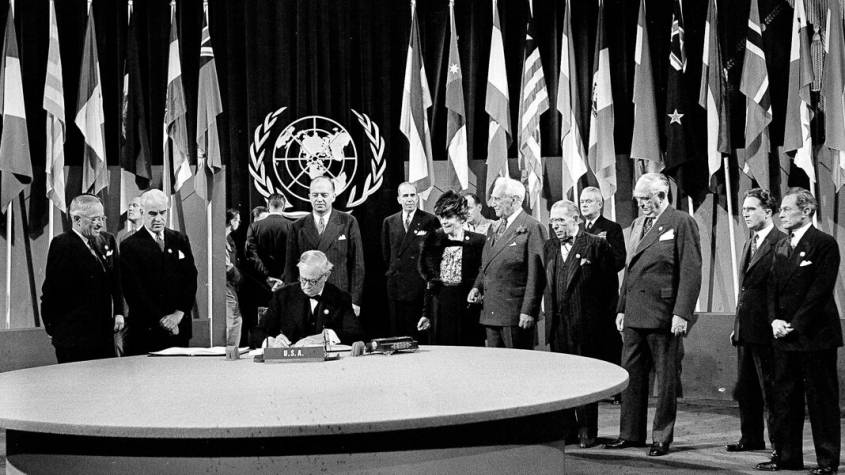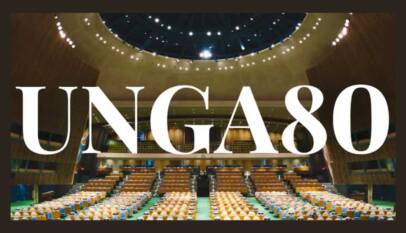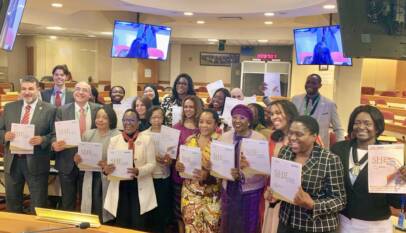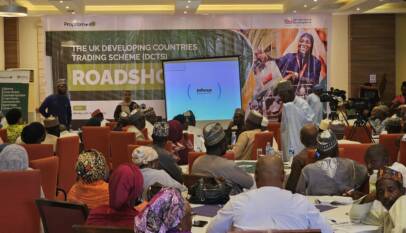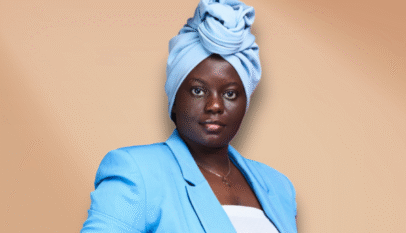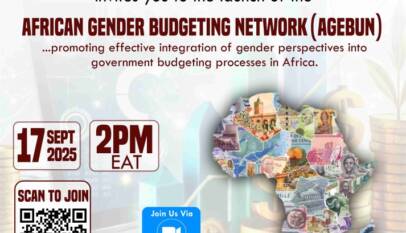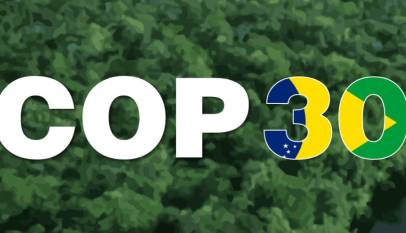OP-ED | Summit of the Future as Policy Window in Africa’s Quest for Full Membership of UN Security Council, By Lennon Monyae
Lennon Monyae argues the upcoming UN Summit of the Future (SOTF) offers Africa a once-in-a-lifetime opportunity to push for its demands for the reform of the UN Security Council, particularly permanent seats for Africa on the Council.
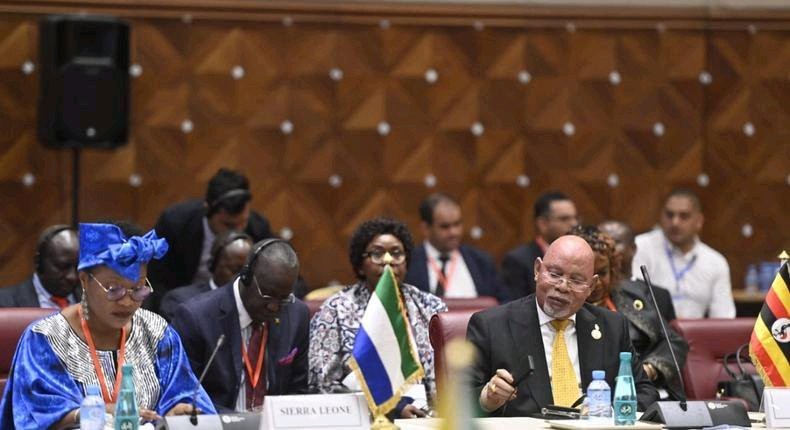
Africa deserves a full membership of the United Nations Security Council (UNSC) because more than half of the Council’s agenda is dominated by African security challenges. Therefore, the world cannot find solutions to African challenges without the direct participation and inputs of Africans. The Summit of the Future (SOTF) taking place September 22-23, 2024, in New York offers a window of opportunity for Africa to once again claim its rightful place on the Security Council.
The Summit, which will be hosted under the facilitation of Germany and Namibia, will seek to find a common ground among the nations of the world on the following issues: Global Economic & Financial Architecture, Human Rights & Participation, Development (High-Level Political Forum, SDGs), the Global Digital Compact, Environmental Governance, Peace and Security, and UN and Global Governance Innovation.
This watershed Summit is yet another opportunity for African countries led by the African Union to get their house in order by consolidating the Common African Position to global governance reforms as envisioned by the Ezulwini Consensus and the Sirte Declaration. UN reforms, particularly Africa’s representation on the UN Security Council and the review of the functions and powers of the UN General Assembly are issues of concern to Africa and the other countries of the Global South.
The reforms will afford African countries and others from the Global South the opportunity to play their rightful role in the community of nations. Most importantly, for Africa, such reforms will correct historical injustices suffered since the start of the post-1945 world order, especially the continent’s under-representation in global decision-making. This world order has been shaped by neoliberal principles and dominated by the United States and its allies in the P-5.
Notably, there are now increasing signs of a shift towards a multipolar world, challenging the existing hegemonic structure. Economically and militarily, rising powers like China, Russia, India, Turkey and Brazil have challenged Western economic and military dominance. Politically, traditional alliances are reconfiguring, with escalating tensions among major powers. These shifts are a window of opportunity for Africa to push for the democratization of power and seek a redress in global governance which will ultimately benefit the African continent.
The world is in turmoil. Indicators such as the unilateral use of economic and political sanctions have surged fourfold, compared to the 1990s. Russia’s war on Ukraine has divided the world considerably, while Israel’s war against Palestine has further exacerbated these divisions. Economically, despite the continued dominance of the dollar, global capital flows are showing signs of fragmentation, marked by increased currency swaps and a growing trend towards de-dollarization.
Institutions once regarded as pillars of the old system, such as the International Criminal Court and the World Trade Organization, have experienced a significant loss of credibility and effectiveness. The United Nations Security Council, which requires fair representation, finds itself paralyzed and unable to address pressing global issues.
In an effort to implement the Ezulwini Consensus and the Sirte Declaration in relation to the reforms of the Security Council, the African Union Member States appointed the African Union Committee of Ten Heads of State and Government on the United Nations Security Council Reforms (C-10), chaired by the President of the Republic of Serra Leone, Julius Maada Bio, mandated to advocate for the reform of the multilateral system, especially ensuring Africa’s full membership of the Security Council.
Since the appointment of the C-10 almost 13 years ago, it had been lobbying for global governance reforms with the election of the African Union into the G20 being one of the tangible achievements. However, the goal of having Africa represented on the UN Security Council has not been achieved and requires concerted efforts by all stakeholders including the AU and its Member States. The credit for keeping this debate and demands for these reforms alive goes to the African Union’s Department of Political Affairs, Peace and Security (PAPS).
However, we still need more efforts through the African Union Member States and their collective bargaining power at the United Nations. Moreover, clear and achievable deadlines need to be set towards the attainment of the goal of fair representation on the UN Security Council. For instance, a deadline for achieving this could be tied to 2030, in line with the expiration of the SDGs. Goal 17 of the SDGs calls for partnerships in achieving SDGs and this could be a clear indicator.
There are a number of multilateral institutions through which Africa could present its case and lobby for support. For instance, the Republic of Uganda Chairs the Non-Aligned Movement (NAM), a very important organization which played a fundamental role for Africa during the Cold-War. Africa can leverage Uganda’s coordinating role of NAM to reach consensus with other countries in the Global South on its full membership of the UN Security Council. The BRICS, which recently admitted Egypt and Ethiopia as members, and the G20, which also recently admitted the AU, are both crucial lobbying platforms.
The threefold challenge of peace, security and development which Africa is currently confronting cannot be addressed without reforms of the UN. The idea of African solutions to African peace and security challenges begins with the reform of the UN Security Council. For instance, the ongoing Sudanese civil war, which has received very little attention, compared to the Russia-Ukraine and Israel’s war on Gaza conflicts, would have been given due attention if Africa was fully represented on the UN Security Council.
The international community needs to partner with Africa to deal with challenges impeding the realization of both the Agenda 2063 and the Sustainable Development Goals. Without this partnership, Africa would not win the fight against terrorism, transnational organized crime such as human trafficking, small arms and drug trafficking, piracy, and the illicit proliferation of weapons, amongst others. This partnership must prioritize the provision of two African permanent seats on the UN Security Council.
Therefore, the upcoming UN Summit of the Future offers an opportunity for Africa to get its demands heard. Africa wins if the Summit reaches consensus on supporting Africa’s demand for seats on the Security Council by 2030.
Lennon Monyae is a Researcher & Youth Liason Officer at the APRM Continental Secretariat. The views expressed in this article are those of the author and do not necessarily reflect African Newspage’s editorial policy.

